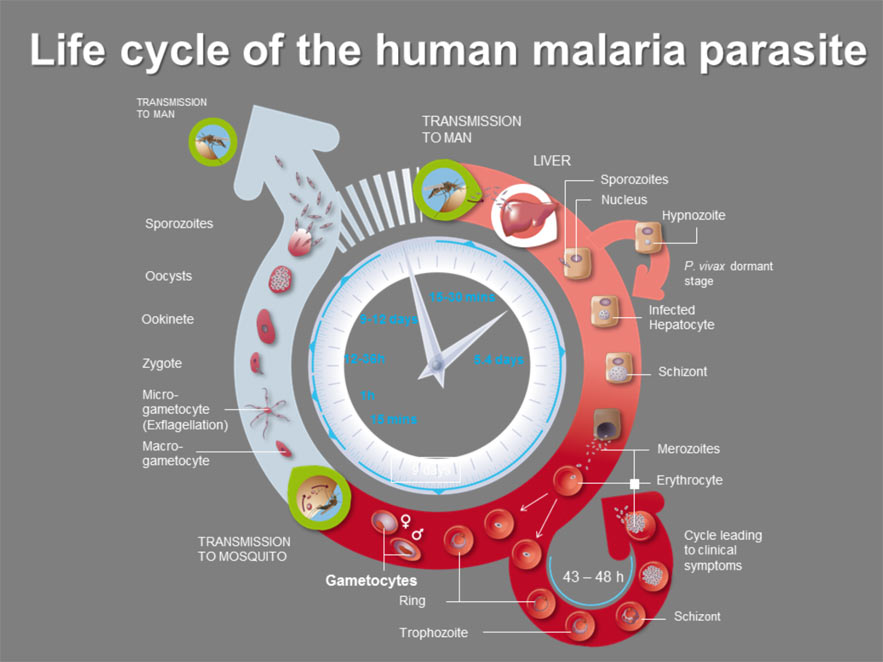SMAART
Saliva-based Malaria Asymptomatic & Asexual Rapid Test
This technology is a non-invasive diagnostic for the detection of sexual stage Plasmodium falciparum gametocytes, a critical component for successful human-mosquito-human transmission of the malaria parasite. Gametocytes, comprising <2% of the parasite biomass, circulate in tandem with low-level asexual blood stage parasites in asymptomatic or subclinical infections. These asexual blood stages cyclically rise in concentration leading to clinical disease (malaria) resulting in higher numbers of gametocytes as well, which drive transmission to mosquitoes. Saliva is used to test for the presence of the gametocytes in the microvasculature using high-affinity antibodies to a parasite protein that is abundant in saliva in asymptomatic individuals. Importantly, the diagnostic targets a novel Biomarker of malaria parasites to combat the threat posed by naturally occurring and spreading mutations in the parasite that are rendering the top of the line blood-based rapid tests ineffective. Since the technology is designed to detect very low parasite numbers, it has immediate utility in confirming malaria infection in symptomatic individuals that present to the clinic.

Pharetra in lorem ut
Praesent fermentum in tortor nec porta. Maecenas tristique mi vitae vestibulum porttitor. Donec condimentum quam in urna cursus gravida. Fusce sed iaculis metus. Ut viverra lacus luctus, sodales elit non, vehicula felis. Donec dapibus tortor in ultricies facilisis. In mollis porttitor nisl. Etiam tempus vulputate commodo.
Latest News
Global perspective. Local coverage


